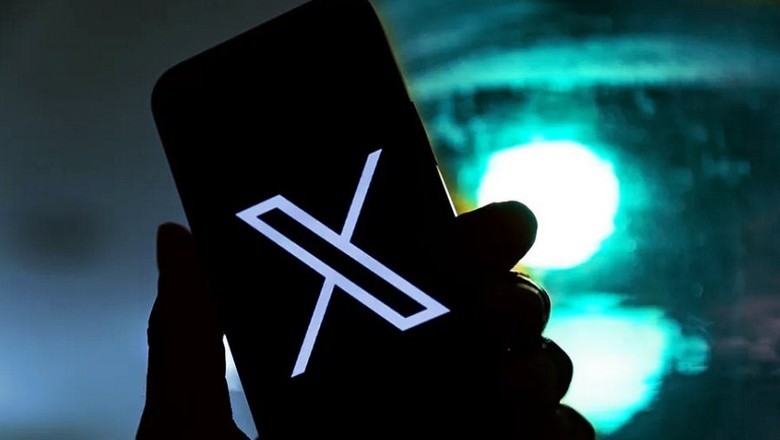On Monday, five U.S. states issued an open letter to Elon Musk, requesting him to address issues with his social media platform X’s AI chatbot, which has been spreading misinformation about the upcoming presidential election.
This letter follows growing concerns from researchers about the site, formerly known as Twitter, becoming a major source of political misinformation. Meanwhile, Musk, who has shown support for Donald Trump, is believed to be influencing voters in the run-up to the November election by disseminating false information on his personal account, which boasts nearly 193 million followers.
Hours after President Joe Biden withdrew from the presidential race last month and endorsed Vice President Kamala Harris as the Democratic nominee, the Grok chatbot disseminated incorrect information about ballot deadlines, which was then spread across other platforms.
The letter, signed by the secretaries of state from Minnesota, Pennsylvania, Michigan, Washington, and New Mexico—officials responsible for overseeing elections in their respective states—urged immediate changes to Grok to ensure that voters receive accurate information during this crucial election year.
The chatbot erroneously informed users that ballot deadlines had passed in nine states, suggesting that Harris could not replace Biden on the ballot. The letter clarified that this information was incorrect, as the deadlines had not yet passed and changes to the presidential and vice-presidential candidates could still be made.
X has not yet responded to AFP’s request for comment.
The letter also highlighted that Grok continued to spread this false information—amplified by numerous posts reaching millions of people—for over a week before it was corrected on July 31.
“As tens of millions of voters in the US seek essential voting information in this pivotal election year, X has a duty to ensure that all users have access to accurate guidance regarding their constitutional right to vote,” the letter stated.
With November’s election being described as America’s first AI election, researchers are concerned that AI-driven misinformation could be used to manipulate voters and escalate tensions in an already highly polarized environment.
Last week, Musk faced intense backlash after sharing an AI-generated deepfake video with his followers. The video featured a voiceover mimicking Harris, falsely claiming that Biden was senile and that Harris herself lacked the knowledge to run the country.
The video, which was viewed by millions, did not indicate that it was a parody, aside from a laughing emoji. It was only later that Musk clarified it was intended as satire.
Researchers expressed concern that viewers might have mistakenly believed Harris was disparaging herself and criticizing Biden.
X has faced criticism for scaling back content moderation and reinstating accounts previously banned for spreading misinformation. The platform has also been criticized for exacerbating tensions during recent far-right riots in England.
On Sunday, Musk sparked additional controversy by posting that “civil war is inevitable” in response to another user who blamed the riots on “the effects of mass migration and open borders.”


